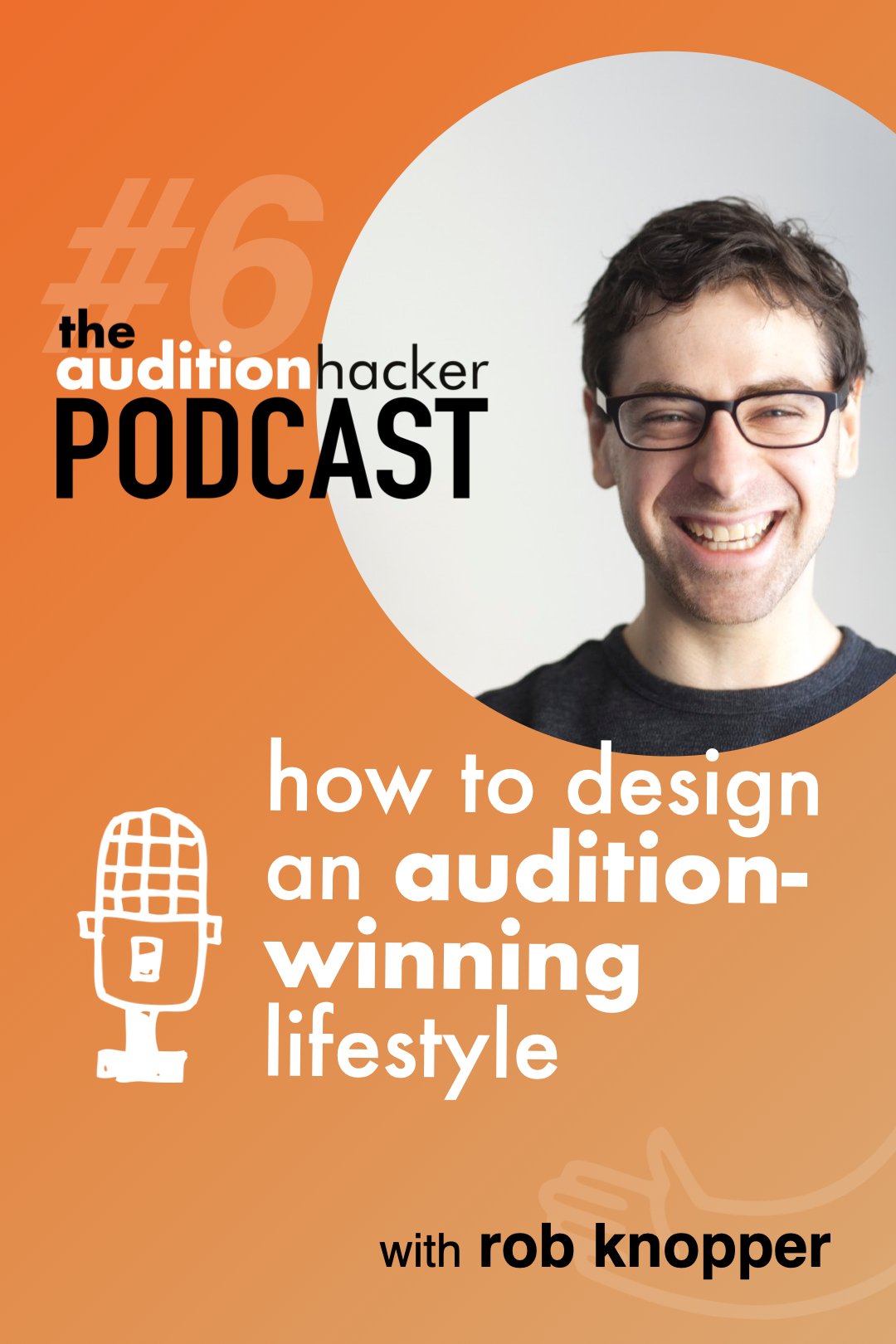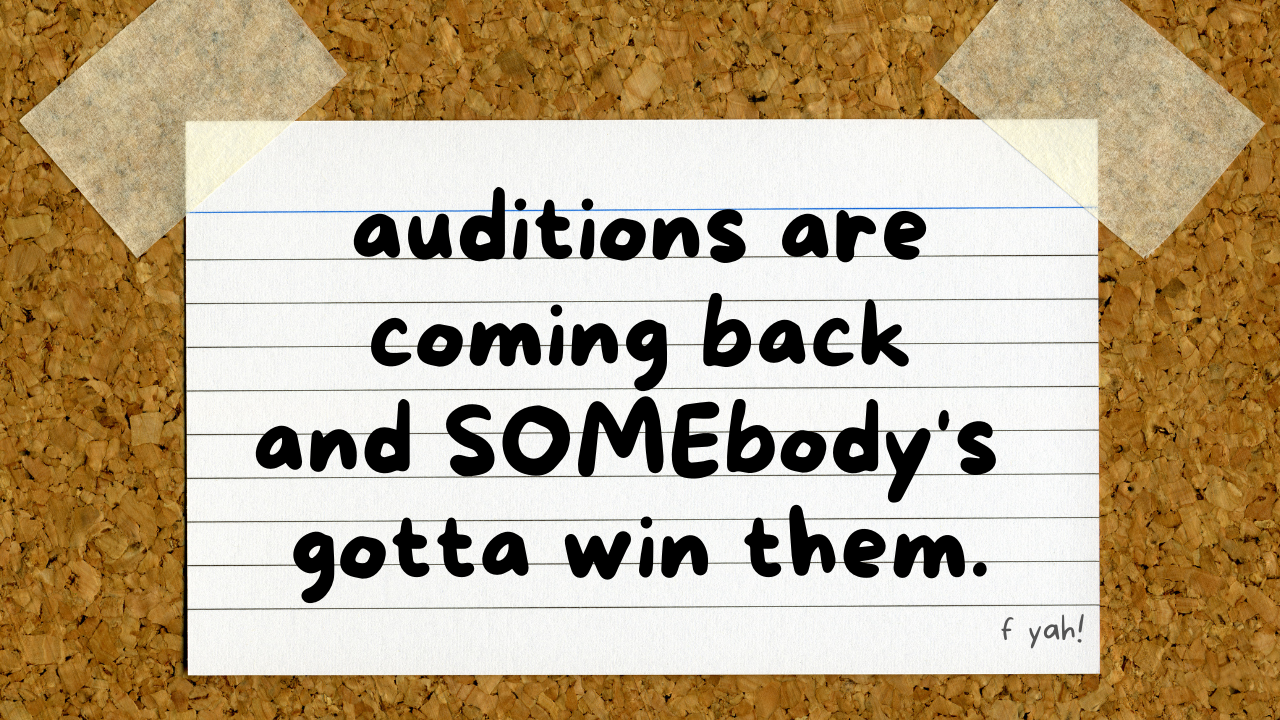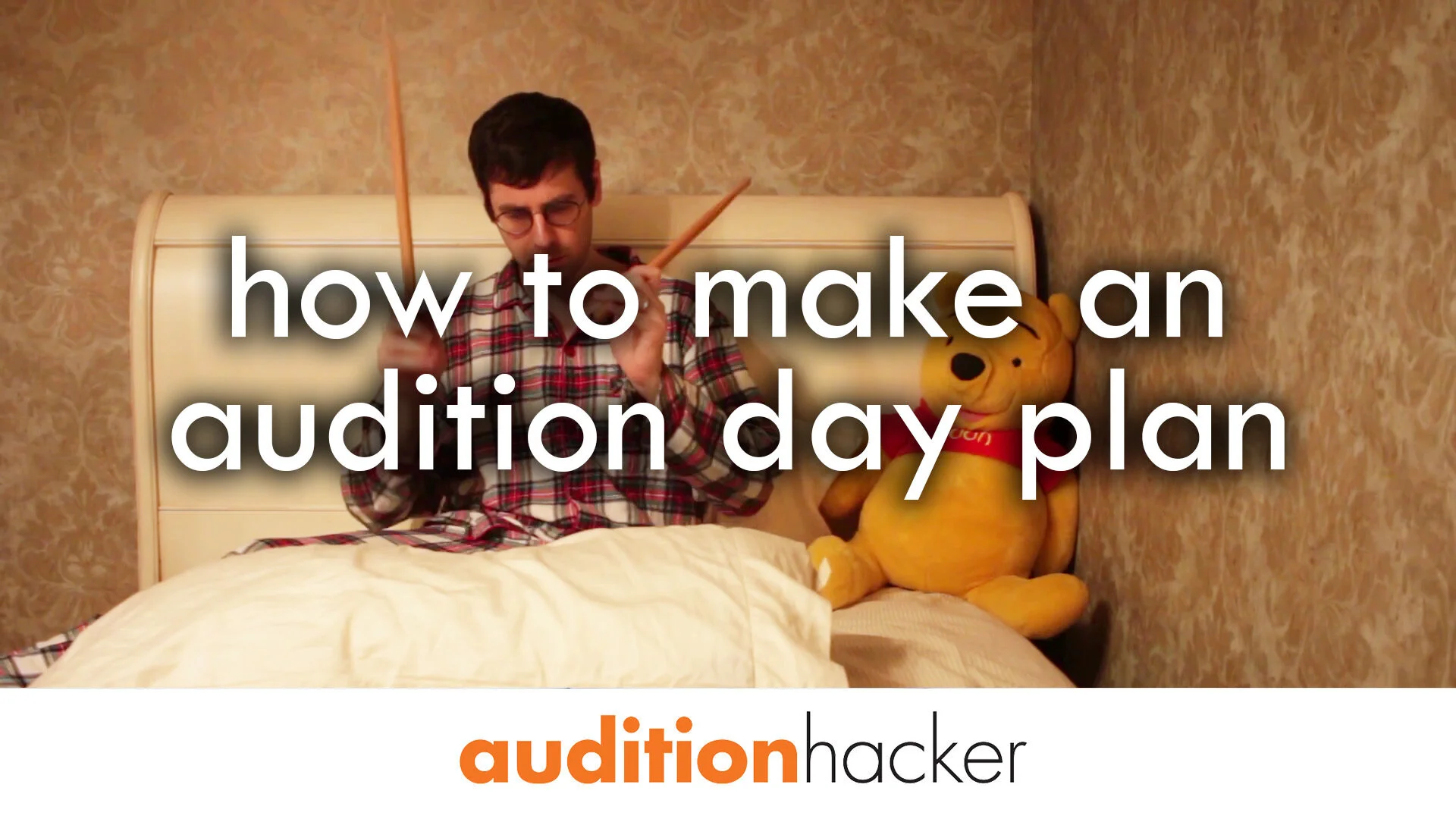when i was a student at juilliard, i noticed that 3 types of musicians usually practiced more than anyone else:
percussionists,
pianists,
and violinists.
percussionists have to practice tons of hours a day because they have so many instruments to keep up.
pianists have to practice so much because they just have so many notes to learn.
and violinists have to practice so much because…. the standard is crazy high, there are so many of them, and they’re all trying to compete with each other to become the next jascha heifetz.
so how would a violinist break through all the competition and reach the very top? what kind of practicing would you have to do to become, say, a concertmaster with the new york philharmonic?
well, let’s find out.
sheryl staples is the principal associate concertmaster of the new york philharmonic.
during those juilliard days i used to hear whispers about her legendary practice routine and how she still sounded better than all her students during excerpt class.
some jaw-dropping facts about her:
she practiced for only 3 weeks to become associate concertmaster of the cleveland orchestra
she performs concertos, chamber music, teaches at juilliard, and has to be prepared to step in as concertmaster for any performance.
she still starts her practice sessions with scales at a slow tempo.
she has one of the most thoughtful and well-rounded practice routines and all instrumentalists (not just violinists) should watch this.
want to have a simple, daily practice schedule?
learn to maximize your time, reduce stress, and show up 100% prepared to every performance.
the best part? it’s free.











in 2019, a cellist named maria reached out to me about her audition struggles. on paper, she was the “worst audition candidate ever” (her words). she had 2 small children, a full-time teaching job, and hadn’t taken an audition in 4 years.